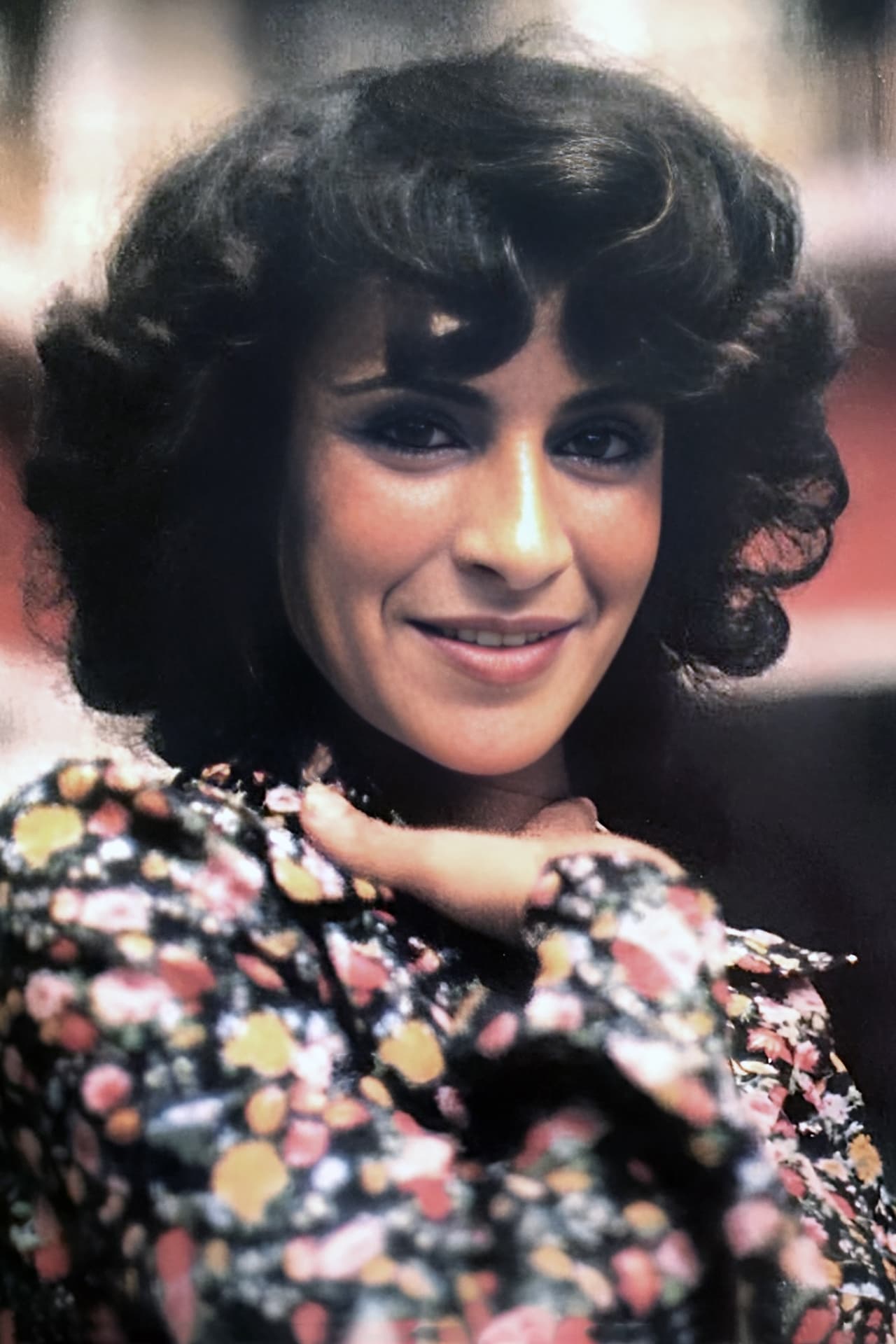

Fettouma Ousliha-Bouamari born in Algiers, is an Algerian actress, musician and singer. Fettouma Ousliha is the daughter of a docker father, a worker mother... and a daughter of the revolution as she defines herself "I was a teenager during the war of national liberation; I grew up in the middle of the battle of Algiers". In these conditions, there was no question of studying to become an actress, of going through conservatories: "My parents did not have the means to allow me to continue school; my father, at the port, did not bring in tokens every days: I wanted to find work to help my parents. I started as a typist, says Fettouma, but, from my childhood, my goal was to do theater, and I wanted to deepen my cultural level for that." Here she is, a singer; Mustapha Kateb, then director of the Algerian National Theater, encouraged him; and also the playwrights Kaki and Abdelkader Sefiri. She debuted on stage in "L'Oiseau Vert", in 1963, an adaptation of Gozzi's play; secondly, it is a creation of a social nature. “Two Rooms Kitchen”; then “The Caucasian Chalk Circle”, by Brecht, and “The Man with the Rubber Sandals”, by Kateb Yacine; finally, two other creations: “The Blood of the Righteous” (on the armed revolution) and a “Revizor”, inspired by Gogol, on bureaucracy. All these shows were performed in dialect Arabic. The film "Premier Pas" by Mohamed Bouamari (1979) earned the actress Fettouma Ousliha-Bouamari, his partner in life, the Interpretation prize at Carthage 1980.